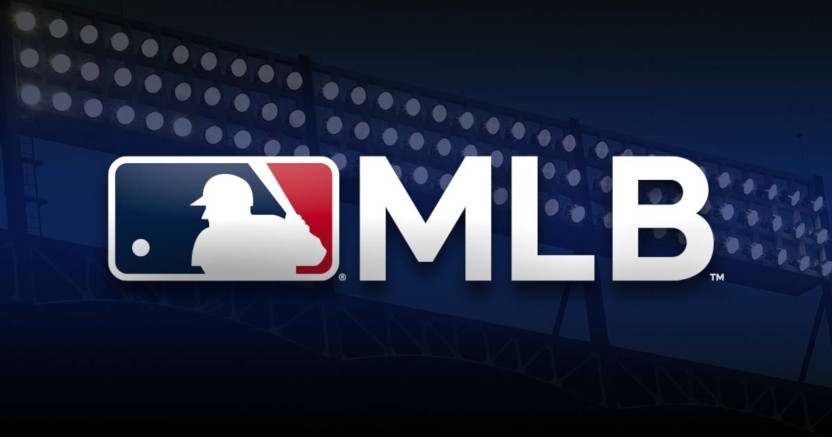For much of the last decade, there have been conversations about if in-market MLB games will ever be offered to consumers over-the-top, or outside of a cable, satellite or streaming-TV bundle that features the local regional sports network. There have been some minimal dives into that; among others, national Canadian sports networks Rogers Sportsnet and TSN both offer over-the-top packages (with Sportsnet’s including games from MLB’s Toronto Blue Jays), NBC Sports Northwest began selling standalone packages of some Portland TrailBlazers’ NBA games in 2017, and both NBC and ESPN have OTT offerings for selected sports. But while this idea hasn’t yet come particularly close to being a thing for U.S. RSN MLB packages, that may be set to change in the near future.
There’s been a little bit of talk about the idea of a direct-to-consumer product with U.S.-based MLB teams and regional sports networks, particularly with the Chicago Cubs in 2017, and then with comments from Sinclair (owner of the former Fox, now Bally-branded RSNs) last November. But Tuesday provided some very interesting comments on it from MLB chief operations and strategy officer Chris Marinak. As part of the StreamTV Sports Summit, Marinak did a keynote interview with FierceVideo’s Rob Pegoraro, and he said that the league is working with RSNs to figure out direct-to-consumer packages. Here’s more on that from Pegoraro’s write-up:
“What we’re trying to do now is work with those RSNs to figure out what type of structure would make sense for an over-the-top product that may not require authentication,” said MLB’s chief operations and strategy officer Chris Marinak in a “Producing OTT Sports Content” keynote interview I led at the Stream TV Sports Summit.
Of course, this comes with some caveats. Pegoraro goes on to note that Marniak didn’t commit to a specific offering or to a timeline:
In the summit interview, Marinak didn’t describe what a DTC offering might look like, saying “There’s no blueprint for that right now.”
…Marinak added that rights negotiations will be particularly tricky due to all the parties involved, as well as MLB’s interest in retaining overall control over where live game footage plays.
So direct-to-customer streaming looks at best like a 2022 prospect.
So this doesn’t appear to be imminent. And we don’t know how much it will cost, either, which is key to determining if this will actually take off. And it’s worth keeping in mind too that while Sinclair (which owns Cubs network Marquee and then the Bally-branded networks) has said they’d like to see this, there are also MLB-broadcasting RSNs owned by Comcast (the NBC Sports Regional Networks), AT&T, and Charter Spectrum. All of those companies are in the cable/satellite business as well. So they have less incentive than Sinclair (which has hit particularly hard carriage battles for its networks; it’s notable that AT&T TV is the only streaming provider currently carrying the Bally Sports lineup, and then only at the $85 a month price point) to find ways to sell these games outside a typical cable/satellite bundle.
And, as Marinak mentions, there are a lot of parties involved here. This is about teams’ local rights, and those rights all also tend to expire at different times. So that doesn’t make it easy to roll out a deal, and we may well see this available for a few networks before it’s widely available. That’s similar to what happened with in-market authenticated streaming; that still required people to have an existing cable or satellite subscription, and it still wound up being a huge hurdle to clear, although MLB eventually got there in most markets.
And those hurdles are all there even if you only try to make this available in your specific broadcast territory; it gets potentially trickier still if you try to address blackouts and coverage areas in a DTC package (other than the existing out-of-market MLB.tv, which works, but has its own issues with blackouts). Oh, and Marinak’s “may not require authentication” line is a bit curious; if whatever they come up with does require authentication, this wouldn’t be an OTT deal at all, but rather an in-market streaming one requiring you to have a typical package. And that would be far less of a change.
Thus, these comments should be considered in the overall light of how difficult this is to implement (in a way that’s workable for teams, RSNs, and cable/satellite/streaming providers) and in the light of there being “no blueprint” right now. Nothing seems like it’s going to happen on this front right away. But it certainly is notable to have a MLB executive at Marinak’s level saying he’s actively working with RSNs on OTT approaches. And that may wind up leading to this becoming a real thing at some point.







